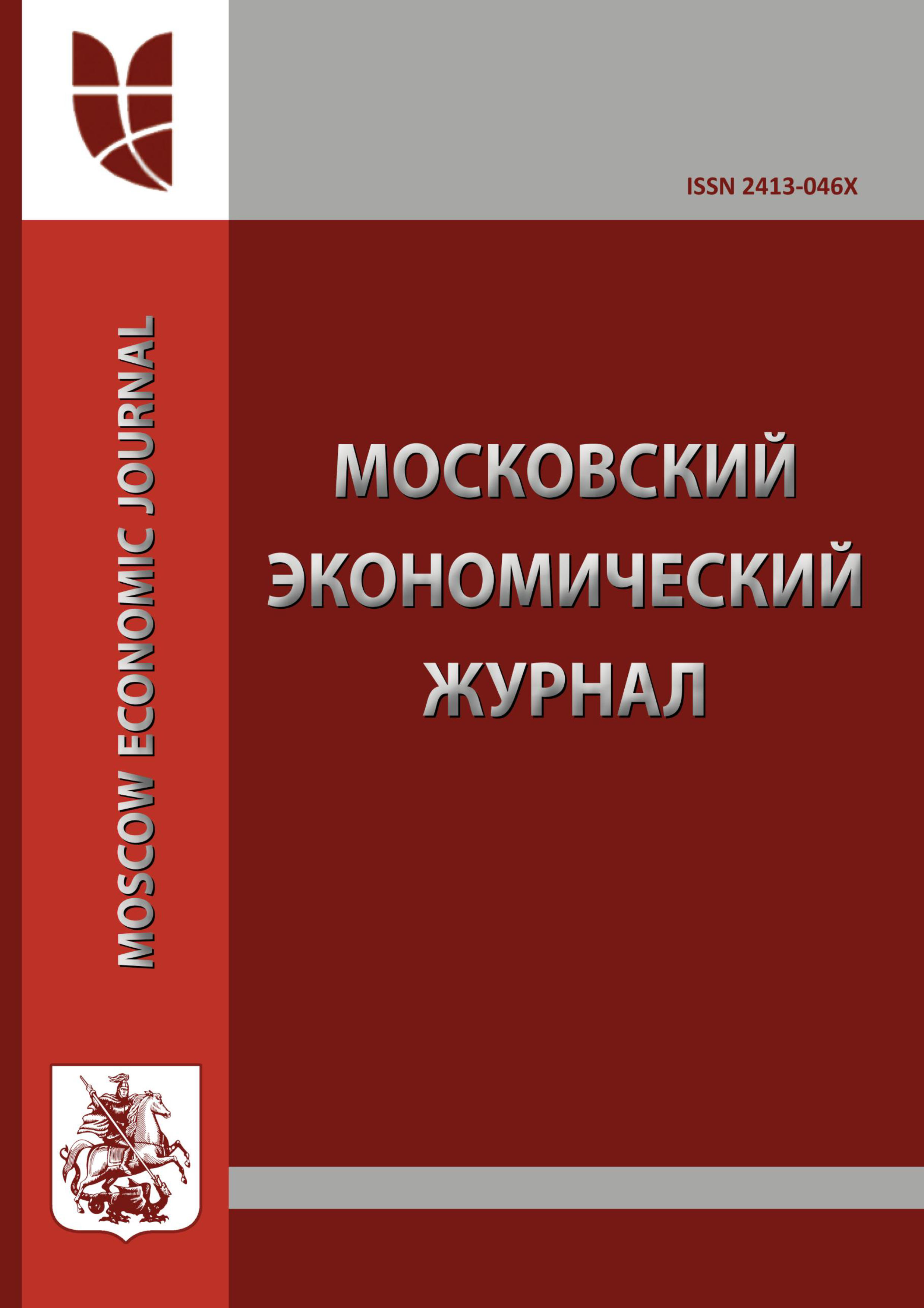Russian Federation
Russian Federation
Russian Federation
Russian Federation
In article reveals, proceeding from the modern paradigm of sociology of a family and the institutional theory, a family entity as social institute and as small social group; classification of families both in a retrospective, and in the current social situation is given; in a debatable key functions of the modern family are singled out, reveal and added; the general and specific political, economic social and other background in which function is shown and functions of a family are implemented now (including in Russia); for the first time in family sociology, in a semyevedeniye the hypothesis of existence and implementation of dysfunctionality of a family is made; at the same time are delimited and justified dysfunctionality of a family of four types having the conditions, the reasons, factors and levels of a materialization; proceeding from explained, conceptual sentences on «smoothing» / elimination of dysfunctionality of a family are defined and reasoned; positive results of this process are explained.
family, family models, functions of a family, dysfunctionality of a family, contradictions of dysfunctionality of a family and their adequate, timely, effective permission
1. Otvety Svyateyshego Patriarha Kirilla na voprosy na vstreche s deputatami Moskovskoy gorodskoy Dumy [Elektronnyy resurs] // Russkaya Pravoslavnaya cerkov'. Oficial'nyy sayt Moskovskogo patriarha: sayt URL: http://www.patriarchia.ru/db/text/4417603.html (data obrascheniya: 20.05.2017).
2. Aganbegyan A.G. V preddverii strukturnyh reform i social'no-ekonomicheskogo rosta (kuda idti?) // EKO. 2017. № 1. S. 72-93.
3. Volostnov N.S., Lazutina A.L., Repina R.V. Riski deystviya / bezdeystviya v sovremennoy nacional'noy ekonomike Rossii // Internet-zhurnal Naukovedenie. 2016. T. 8. № 3 (34) S. 13.
4. Korsakova T.V., Chelnokova E.A., Kaznacheeva S.N., Bicheva I.B., Lazutina A.L., Perova T.V. Transformation of corporate culture in conditions of transition to knowledge economics // International Journal of Environmental and Science Education. 2016. T. 11. № 11. S. 4690-4698.
5. Harchev A.G. Sociologiya sem'i: problemy stanovleniya nauki / A.G. Harchev. M.: CSP, 2003. 344 s.
6. Lazutina A.L., Saechnikov V.S., Troshin A.S., Hohlov A.A. Novaya ekonomicheskaya real'nost' i paradigma effektivnosti // Fundamental'nye issledovaniya. 2016. № 12-5. S. 1116-1120.
7. Gumerov R.R. Prodovol'stvennaya bezopasnost' Rossii: problemy i ugrozy // EKO. 2016. № 5. S. 71-88.
8. Nemova O.A., Svad'bina T.V., Pakina T.A. Cena i cennost' lyubvi: opyt socioantropnogo analiza // Vestnik Mininskogo universiteta. 2016. № 4 (17) S. 37.
9. Sem'evedenie / E.I. Holostova. M.: Izd-vo Yurayt, 2012. 404 s.
10. Torzhestvennaya ceremoniya nagrazhdeniya pobediteley i prizerov konkursa «Prosveschenie cherez knigu» // Literaturnaya gazeta. 2017. № 10. S. 19-25.
11. Tagaeva T.O., Kazanceva L.K. Obschestvennoe zdorov'e i zdravoohranenie v Rossii // EKO. 2017. № 2. S. 36-81.











